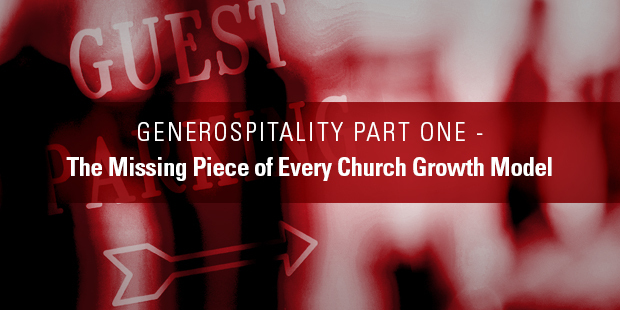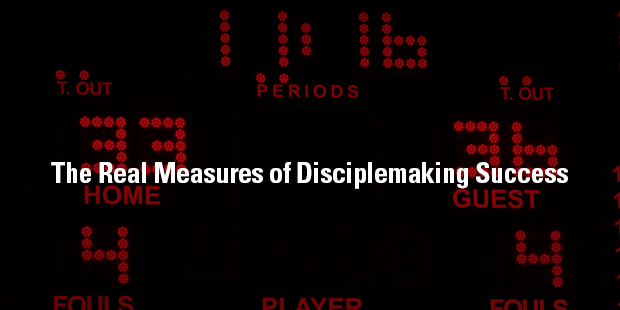
Generospitality Part Four – Three Terrible Messages Your Welcome Team Sends
“‘For I was hungry and you gave me something to eat; I was thirsty and you gave me something to drink; I was a stranger and you took me in;” – Matthew 25:35 CSB
In your church, love begins every week with your welcome. From your church’s website to your worship bulletin, every step of your hospitality systems will either speak to the love found in your body, or it will reveal one of three conflicting shadow mindsets. Instead of communicating, “We are expecting you to visit this Sunday because we love you and want you to know Jesus does too,” some other message will be received by first-time guests. It will likely be some form of these three:
“We think you can figure out where to go and sit because we are only tolerating your presence until we approve your theology.”
“We desperately want you to come back again because we need you to help us survive another week around here.”
“We are surprised you actually showed up because most of us have been looking for a good reason to leave for years.”
One or more of these messages are communicated every week when our hospitality systems fail to reflect the “love for strangers” that the Acts 2 Church modeled for us. Our meeting places and ecclesiology might look different from those spiritual ancestors, but our welcome should be just as warm – if not more so.
Statistically speaking, anywhere from 2-8% of your congregation this Sunday will consider themselves a guest. Are you ready to welcome them with love? Have you ever thought about what their experience might be as they seek the Lord in your midst? What will their experience be from website to welcome lunch? These are critical questions to ask because your hospitality sets the pace for your generosity.
There are seven moments in your weekly welcome that should serve as critical gauges of your church’s hospitality systems. Each moment is a checkpoint that every guest will experience on a typical Sunday, and a place to steward a love for others, motivated by God’s desire for us. At Auxano, we call these the “Seven Checkpoints” of the Guest Experience and every church, no matter the size or tribe, will lead guests through each this Sunday.

Tags: Bryan Rose, Generospitality


























